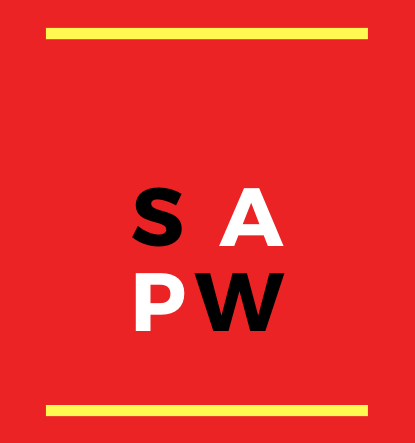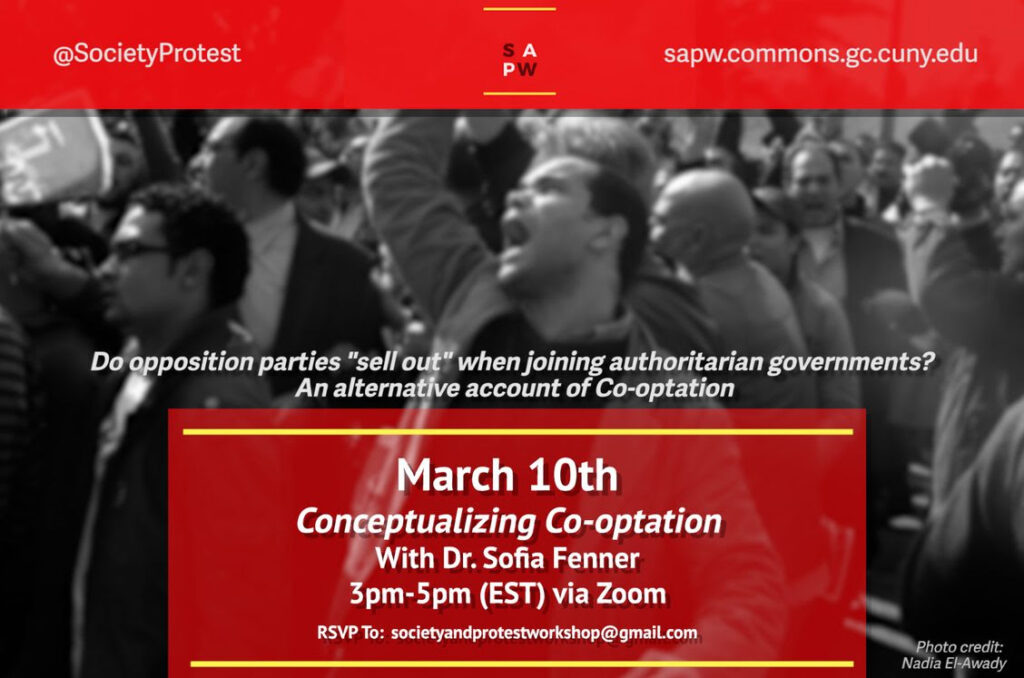Join us Thursday, April 28, at 5:00 pm for a discussion on remaking institutions with a liberatory agenda. The Society and Protest Workshop continues its exploration of insider-outsider strategies of activism, mobilization, and political engagement with a discussion from community scholars.
Scholars
Conor Tomás Reed, Ph.D. is a Puerto Rican/Irish multi-gendered street scholar and freedom maker who teaches Africana Studies and American Studies at Brooklyn College. Conor is a contributing editor with LÁPIZ Journal and Lost & Found: The CUNY Poetics Document Initiative, and a participant in Free CUNY and Rank and File Action (RAFA). Conor is developing a book about the rise of Black, Puerto Rican, and Women’s Studies and movements at the City College of New York and in New York City from 1960 to the present, as well as a quadrilingual anthology of Black Feminist Studies in the Americas and the Caribbean during this period.
Cedrick-Michael Simmons is pursuing a PhD in sociology at Boston College. His areas of interest include racial ideology, diversity management, and higher education administration. His dissertation focuses on the frameworks and sources of role conflict for diversity administrators. Prior to earning his MA in sociology at Boston College, Cedrick graduated with a BA in sociology from Ithaca College.
Moderator
John Krinsky, Professor, City College/Graduate Center, CUNY
Link to register
After registering, you will receive a confirmation email containing information about joining the meeting.



